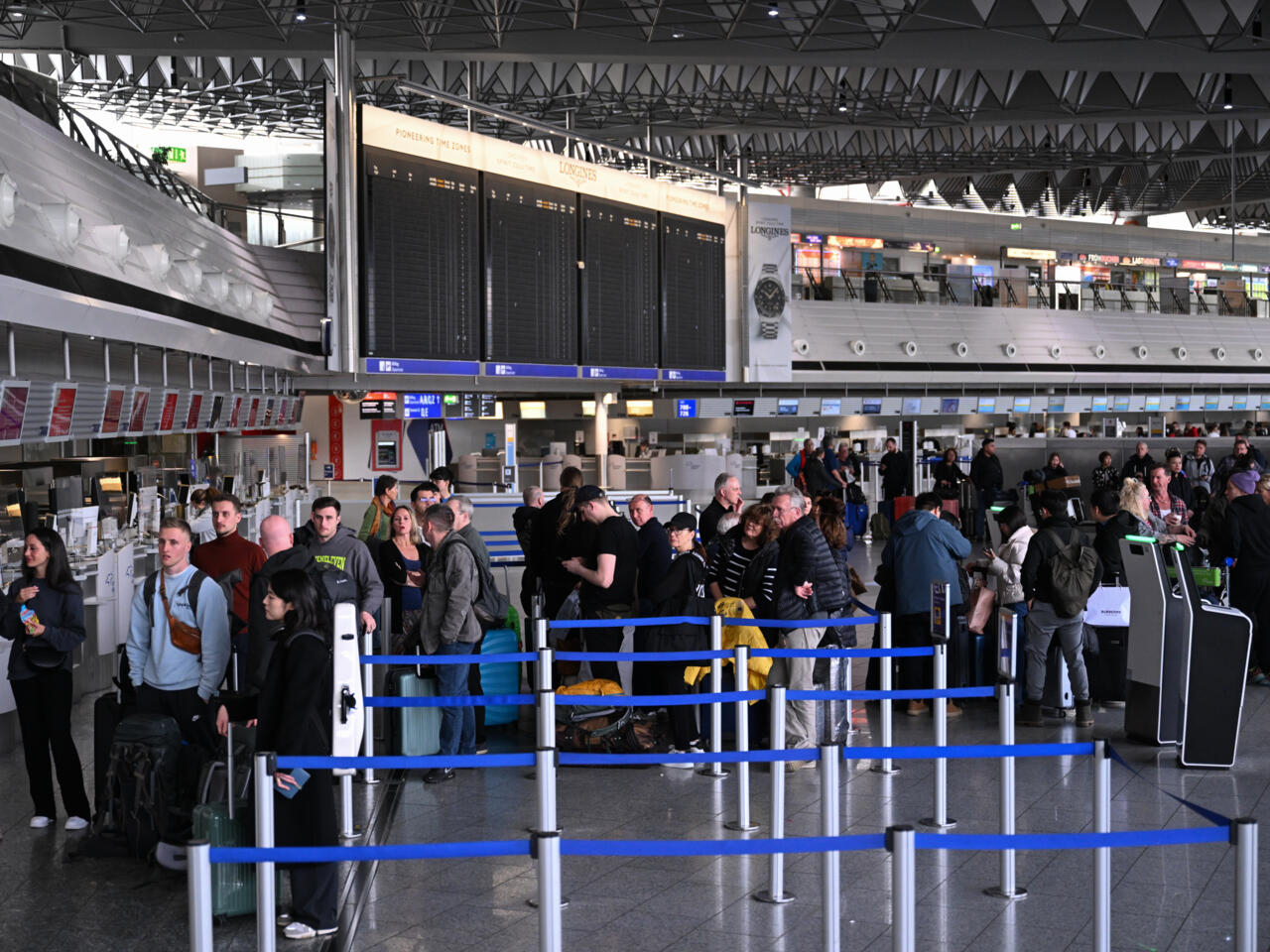
BERLIN, Feb 7, 2024 (BSS/AFP) - A wave of strike action has brought Germany
to a standstill in recent weeks, as Europe's largest economy has struggled
for growth and consumers have felt the pinch from sky-high inflation.
Rail, bus and airport workers have walked out one after another amid bitter
salary negotiations in a country that usually prides itself on good labour
relations.
The latest industrial action by airport ground staff has forced Lufthansa to
cancel nine out of every 10 flights for Wednesday.
How did the strikes start to pile up? Here are five things to know:
- When did the strikes start? -
Since the end of 2022, Germany has seen growing labour unrest, while real
wages have fallen by four percent since the start of the war in Ukraine.
A clutch of sectors received pay rises last year -- sometimes up to 10
percent -- but the new settlements did not ease tensions as inflation stayed
high at 5.3 percent last year.
The continued price pressure has strained pay talks and led to the number of
strikes multiplying.
At the end of January, train drivers staged a five-day walkout, before
workers at airports and local transport services followed with their own
industrial action.
- Why now? -
"Workers have really felt the loss of income, they have less money in their
pocket at the end of the month," Alexander Gallas, a political science
professor at the University of Kassel, told AFP.
At the same time, the unions' bargaining power is strengthened by serious
labour shortages plaguing German businesses.
But union demands are clashing with "the fact that many businesses are in
crisis and do not have much to distribute", making a quick resolution
complicated, according to Hagen Lesch from the IW economic think tank.
- Labour relations on edge? -
The proliferation of strikes has called into question the future of Germany's
otherwise consensus-driven labour relations.
"It is the moment of truth for the German model," Lesch said.
"Unions were more willing to compromise during the coronavirus pandemic. That
is over."
Germany has historically been among the countries in Europe where workers
went on strike the least.
Between 2012 and 2021, just 18 out of every 1,000 work days were disrupted by
industrial action, compared with 92 out of every 1,000 in France.
- What support do the strikes have? -
Collective agreements, which long undergirded the system, now cover just 43
percent of workers compared with 56 percent in 2010.
But the current wave of strikes has enjoyed strong support among workers,
according to experts, even if a single figure is not available.
"We are seeing high rates of participation, which is leading to an increase
in union membership," Thorsten Schulten, a researcher at the WSI institute,
told AFP.
- What next? -
Few decisive agreements have yet been found between unions and management,
meaning the wave of strikes could carry forward.
"Everything is possible," said Claus Weselsky, head of the GDL rail workers
union, which is behind much of the transport disruption.
And other industries might yet join the fray. In the chemicals sector, which
has known tough times in recent years, a new round of wage negotiations is
set to kick off in the coming months.